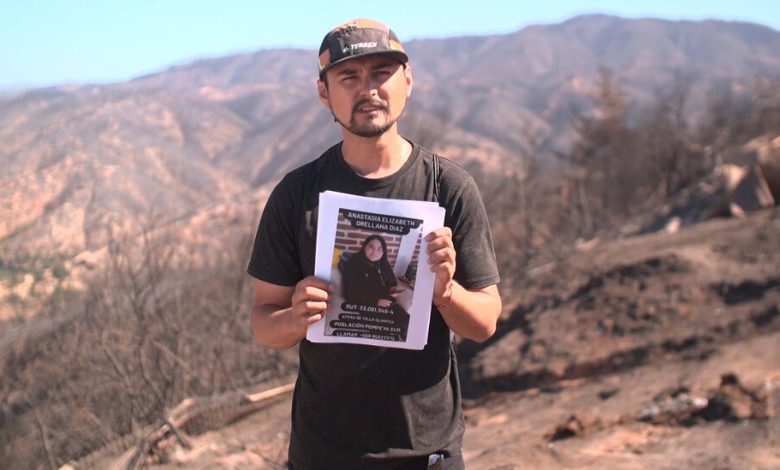Chile’s Deadliest Wildfire Is Said to Have Been Made Worse by a Lack of Water

As a fast-moving wildfire swept through the cities of Viña del Mar and Quilpué on Chile’s Pacific Coast last month, flames engulfed residents on the street, destroyed homes and overwhelmed the utility grid. Power shut off, communications went down and not enough water reached a critical line of defense: the fire hydrants.
In this video report, firefighters and residents in the two cities told New York Times reporters that the insufficient water had hampered efforts to save homes and stop the fire’s advance, eventually forcing them to abandon parts of the two cities.
The wildfire — the deadliest in Chile’s history, killing 134 people and destroying thousands of homes — blazed out of control almost from the start, fueled by extreme climate conditions, high winds and flammable trees.
A lack of water made matters worse, according to firefighters and residents.
Chile, which is in the midst of a prolonged drought, has faced ongoing problems with supplying adequate water to battle wildfires in urban areas.
In the Valparaiso region, which includes Viña del Mar and Quilpué, forest fire experts say unregulated development has made cities and towns particularly vulnerable to wildfires.
“It’s a supply and demand problem,” said Miguel Castillo, a professor at the University of Chile’s Forest Fires Engineering Laboratory who works with cities on wildfire prevention measures.
